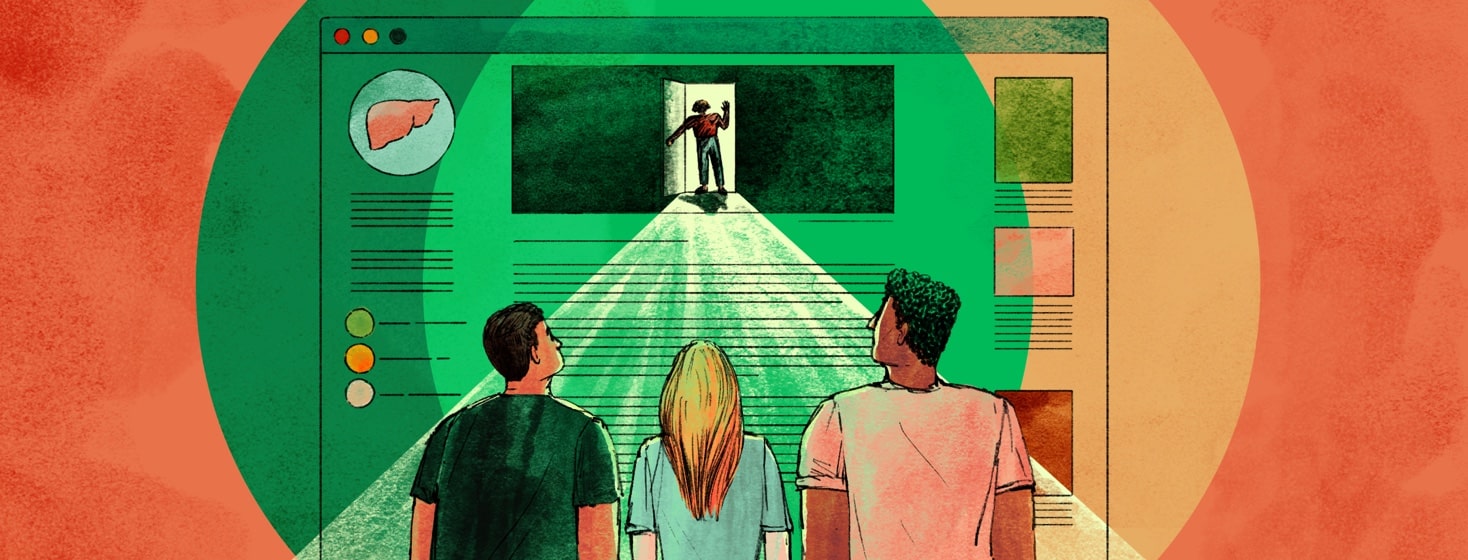Injection Drug Use and HCV: Creating a Safe Community in Online Forums
Examining the intersection of hepatitis C and drug use and how our online communities can best support them
It is almost impossible to discuss transmission hepatitis C without looking at injection drug users. Many community-based and public health organizations across North America have implemented measures to combat risks involved with injection drug use. Needle disposal programs, agonist treatments, and safe injection sites are all examples of this. While this is excellent progress in the medical aspect of the disease, there is much to be done to ensure the mental and emotional wellness of HCV positive drug users.
The statistics for injection drug users
In 2011, the Government of Canada Public Health sector published an article that examined the prevalence of vulnerable populations affected by hepatitis C. According to their research, it is estimated that persons who inject drugs (PWID) both past and present account for 42.6% of all HCV antibody-positive cases. Broken down, 66% of current PWID account for positive antibody tests, with 28.5% of positive antibody tests belonging to past injection drug users (IDU).1
Why is this our problem?
Belonging to the hepatitis C community can create feelings of understanding and inclusion for those who participate in them. The many in-person and online methods of hepatitis C support and education are a huge support to many. However, the experiences of a Baby Boomer and a person who contracted HCV through injection drug use can be very different.
Persons who inject drugs that seek hepatitis C education and treatment are often subjected to much criticism and often denied care based on their drug use. Finding a niche as an IDU within the online hepatitis C community can be very discouraging. Directly identifying yourself as a drug user can be dangerous and the consequences can be astronomical.
All it can take is one identifying post for someone to 'out' them. They may report to their employer, disclose their drug use to their families, or report them to police. It may sound crazy, but it has happened. The internet opens many doors for us, but it can come at the price of our anonymity. And sometimes, our safety.
Working together for each other
As per the statistics mentioned earlier in the article, PWID makes up a large portion of the hepatitis C community, both online and in communities across the country. Being mindful of these statistics can help those who fall under them feel more included and accepted.
Hepatitis C is an ugly disease, and so is addiction. With their intersection being visible in many online communities we must work together to ensure ALL persons with hepatitis C, regardless of how they contracted it, feel welcome and heard.

Join the conversation